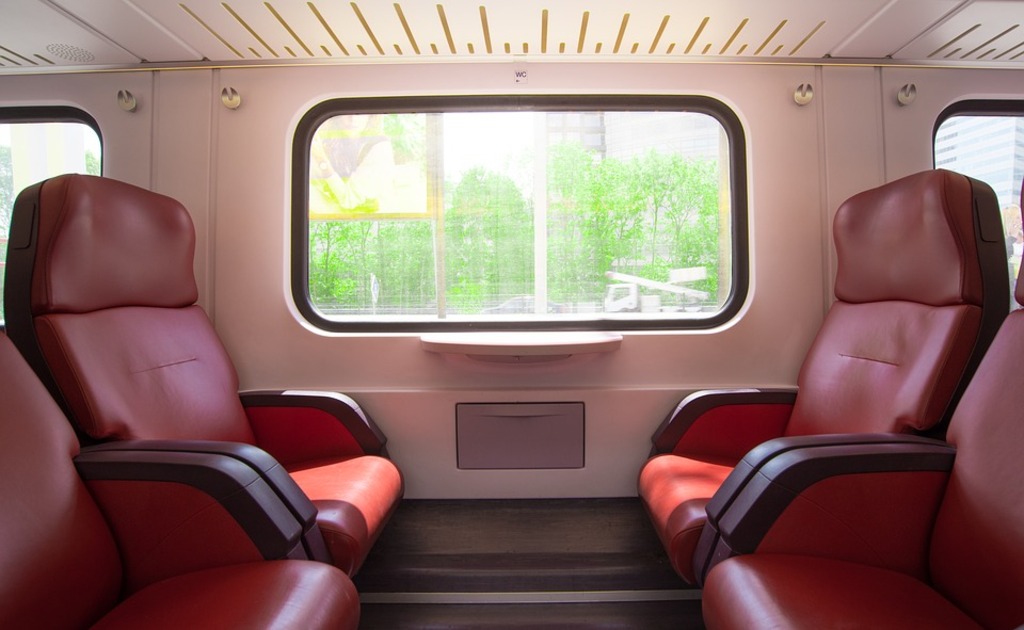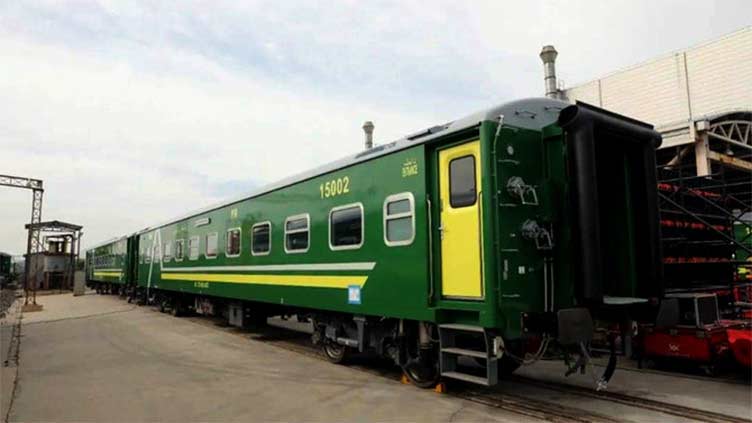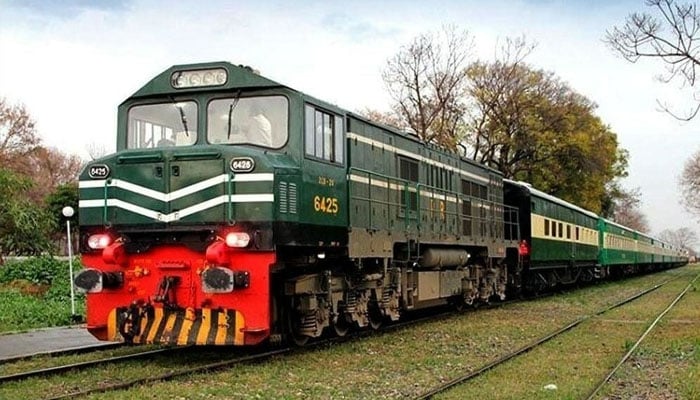New Home buyers have little choice but to think about relocating to somewhat unusual areas because of rapidly cities growth and how much is needed for housing and its affordability. This is the situation for people who are thinking of purchasing a home next to a train track. Many of you will be troubled by the topic of whether to buy a home next to a train track because the choice has a variety of advantages and disadvantages.
Pros and Cons of Buying a House near a Train Track
Even though it might seem like a given, living close to a train track has certain advantages. Some of them might even be compelling enough to overlook the few drawbacks of this circumstance. Hence, if you come across a great property close to a railroad track, don't pass it by without taking all sides into account.
Pros of Living near a Train Track
A house close to a railroad track has a lot to offer. Some of these advantages can be exactly what you need, depending on your scenario. These are a few benefits of living close to a train track.
Affordable Residences
A home next to a train track can be the best choice for you if money is tight. Property values typically run substantially lower than in other parts of the city because most people choose to avoid residing close to tumultuous areas.
These properties can offer some of the most affordable pricing available, which is ideal for individuals on a limited budget, if a compromise can be made about the loud noises of trains passing by.
Accessibility
There is a good chance that your property will be close to a train station because train stations frequently follow train tracks. For people who use public transportation to get to work, this is a huge benefit.
Train stations are also surrounded by well-maintained infrastructure, including restaurants, hotels, motels, and public bus stops. Properties next to a train track are a smart choice for frequent travelers and commuters because of these features and services.
Infrastructure Development
Better infrastructure is another advantage that neighborhoods close to railroad tracks provide. Authorities are compelled to make investments in the surrounding communities because trains generate a lot of traction in the area. This could imply either improved amenities and facilities or a well-built road system surrounding the neighbourhood.
Cons of Buying a House near a Train Track
Purchasing a home close to a railroad track has its own set of issues. These houses have a number of negatives that should be carefully considered, ranging from the constant blaring noise to the poor resale price.
Noise Pollution
One of the few reasons why purchasing a home close to a railroad track can be so unsettling is the constant shaking and deafening sound of trains. Being close to such intense noise pollution can have detrimental effects on your physical and emotional health.
Daytime train transits may be tolerable, but night-time freights are unquestionably a hindrance. Serious sleep-related problems, such as insomnia or sleep deprivation, can result from frequent sleep disruption.
Low Resale Value
Due to the low demand for homes near train lines, buyer's markets frequently favor these homes. A home close to a train track will hurt your investment if you are buying a home with the goal of investing and reselling it.
If you do decide to purchase a home close to a train track, carefully consider your long-term goals because selling such properties might be difficult. Reselling these houses would be a pain from finding the right buyer to securing a fair price for the property.
Air Pollutants
Trains produce a significant amount of gaseous waste that is bad for the environment and your health. Your respiratory system could suffer serious damage due to the high levels of carbon monoxide and sulphur dioxide that trains produce excessively.
Longer Commute
A home near a train track will undoubtedly be far from the city centre because train tracks are typically found on the outskirts of cities. For individuals who favor a reclusive existence, this can appear to be advantageous. Living in a remote location, nevertheless, would also require giving up on necessary amenities and services.
Those who work in cities may find this to be an even bigger problem. In addition to the longer commute times that come with greater distances, there are also higher costs involved.
Tips to Consider While Buying a House near a Train Track
You will unavoidably have to deal with the cons if you choose to purchase a home next to a train track. There are a few solutions you may do to make living close to a train track a little bit more comfortable, though.
Invest in Insulation - Triple-glazed insulation may be the ideal solution to stop the constant rumbling.
Purchase an air filter: Air filters are an excellent way to lessen the overall effects of airborne pollution.
Examine the Timetable - The majority of freight trains operate on a set schedule. By planning your routine around the train's schedule, you can avoid being abruptly interrupted by a train passing by.
A once-in-a-lifetime choice, purchasing a home should undoubtedly be carefully considered. These advantages and disadvantages should be carefully considered if you are thinking about purchasing a home close to a railroad. All that matters, though, are your particular tastes and deal-breakers.
For more, visit our website www.sabzproperty.com










LEAVE A REPLY
Your email address will not be published. Required fields are marked *